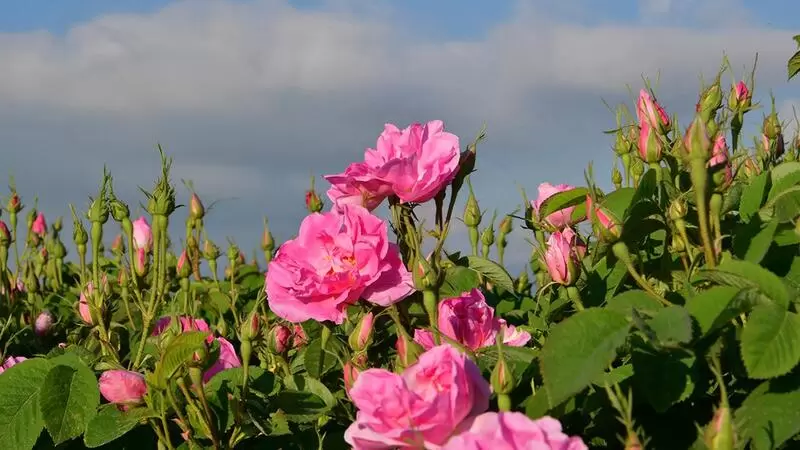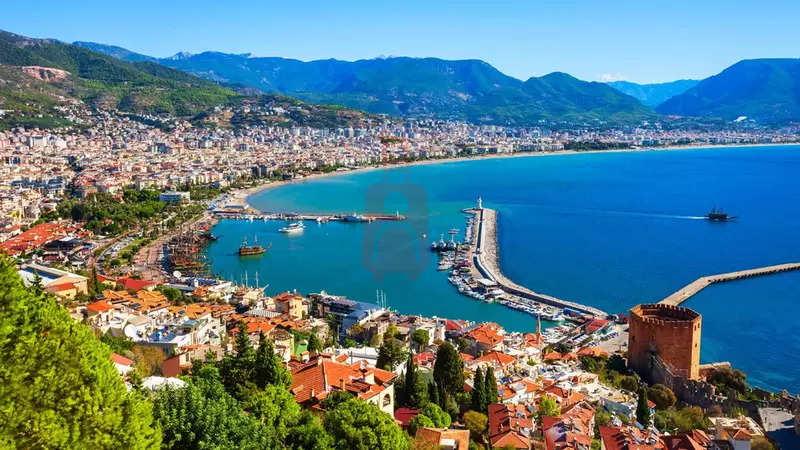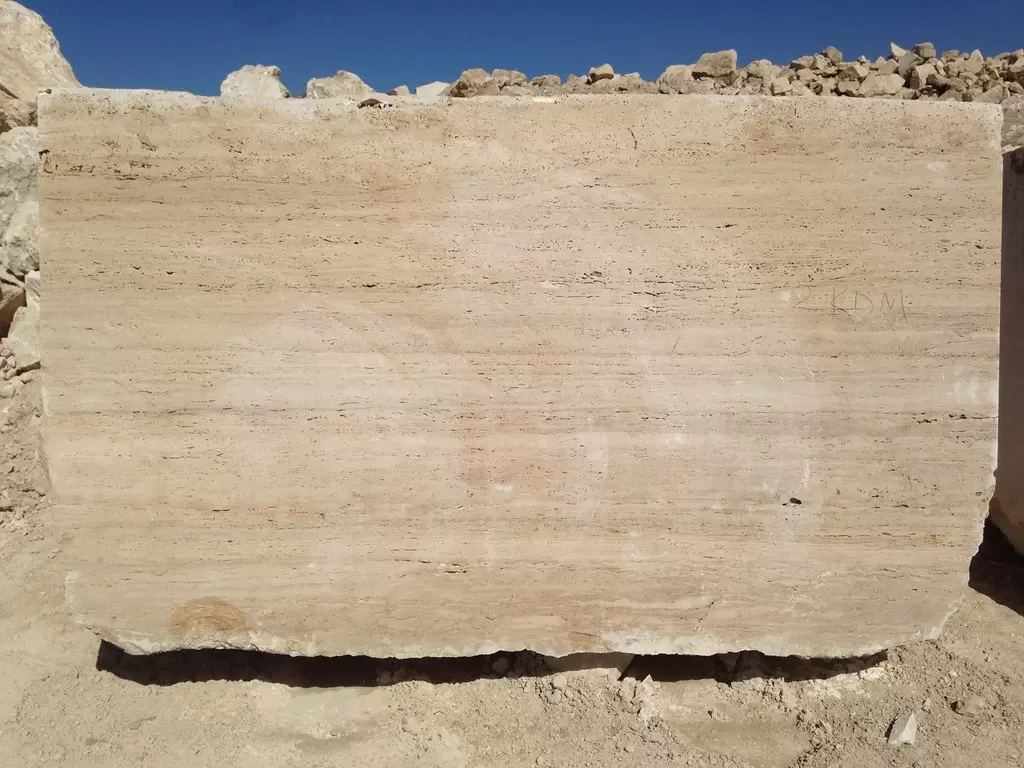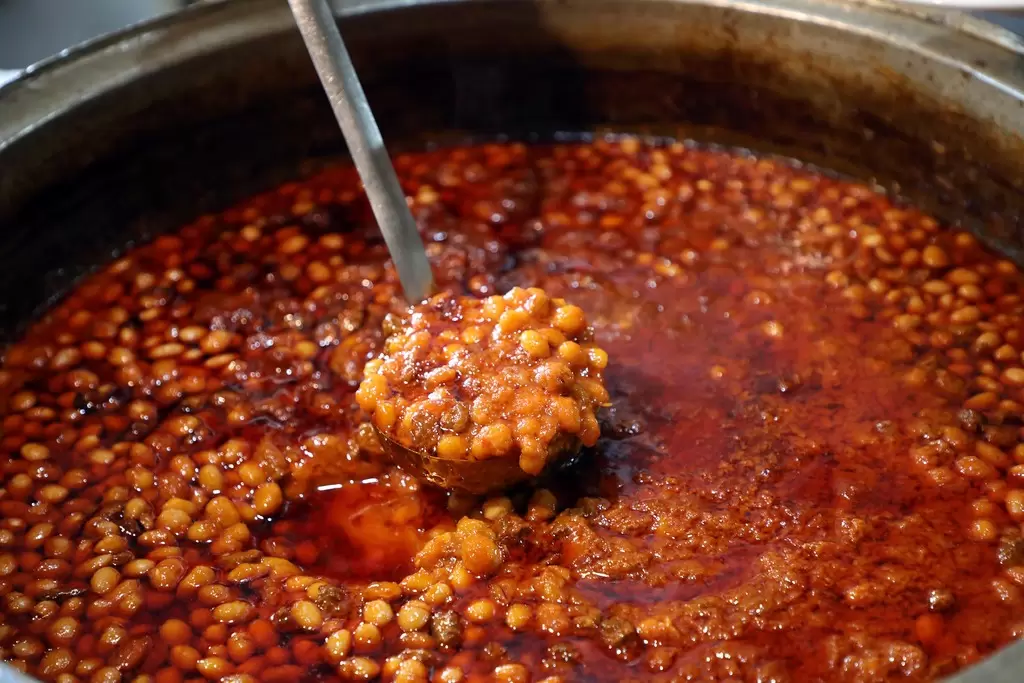
Isparta Rose (Rosa damascena), also known as the Damask Rose, is one of the most significant and globally recognized rose varieties, cultivated primarily in the Isparta region of Turkey. Renowned for its exquisite fragrance and high-quality oil, Isparta Rose plays a pivotal role in the perfume, cosmetics, and aromatherapy industries.
Historical Background
The cultivation of the Isparta Rose dates back to 1888 when Müftüzade İsmail Efendi, a Bulgarian immigrant, introduced Rosa damascena plants to the region from Kazanlık, Bulgaria. Over time, Isparta became the leading center for rose oil production in Turkey, supported by its favorable climate and soil.
Distinctive Features
-
Botanical Characteristics
- Plant Type: Rosa damascena is a perennial, thorny shrub that grows between 1.5 to 3 meters in height.
- Flowers: The blooms are semi-double, vibrant pink, and intensely fragrant. The flowers appear slightly drooping and grow in clusters or singly.
- Leaves: The leaves are soft, with a fine layer of hair, adding to the plant's aesthetic appeal.
- Thorns: The stems are adorned with both large and small thorns.
-
Optimal Growing Conditions
- Climate: Isparta's transitional climate, blending Mediterranean and continental characteristics, provides the ideal conditions for rose cultivation.
- Temperature Range: Summers are warm but not excessively hot (maximum 38°C), while winters are cold without extreme frost (rarely below -15°C).
- Soil: Roses thrive in well-drained, airy soil enriched with organic matter.
- Moisture: Morning dew significantly enhances oil yield during the blooming season.
-
Cultivation Practices
- Roses are grown in open fields to receive ample sunlight and airflow.
- The blooming season occurs during late spring and early summer, typically from May to June.
- Flowers are handpicked early in the morning when the oil content is highest.
-
Quality and Oil Yield
- Isparta Rose is famous for its high oil content, attributed to the region's unique climate and soil.
- The oil, extracted through steam distillation, is prized for its rich, floral aroma and purity.
- It is a primary ingredient in luxury perfumes, cosmetics, and therapeutic products.
-
Economic and Cultural Significance
- Rose cultivation supports the local economy, providing livelihoods for thousands of families in Isparta.
- The annual Isparta Rose Festival celebrates the region's rose-growing heritage with cultural events, exhibitions, and workshops.
-
Global Reputation
- Isparta Rose oil is among the most sought-after globally due to its unmatched quality.
- The roses have earned a geographical indication status, ensuring their authenticity and protecting the region's unique cultivation methods.
Benefits and Uses
-
Perfume Industry
- Isparta Rose oil is a cornerstone of high-end perfumes, offering a natural, long-lasting fragrance.
-
Cosmetics
- Rose water and oil are used in skincare products for their hydrating, anti-inflammatory, and anti-aging properties.
-
Aromatherapy
- The soothing aroma of Isparta Rose oil is believed to reduce stress and promote relaxation.
-
Culinary Applications
- Rose petals and extracts are used in desserts, syrups, and beverages, adding a distinctive floral flavor.
-
Medicinal Value
- Isparta Rose oil contains antioxidants and antimicrobial compounds, contributing to its use in natural remedies.
Sustainability and Legacy
Isparta's rose cultivation reflects a blend of traditional knowledge and modern agricultural practices. Farmers prioritize sustainable methods to preserve the quality and heritage of the Isparta Rose. This remarkable flower not only represents the natural beauty of the region but also serves as a symbol of Turkey's rich agricultural and cultural traditions.


















